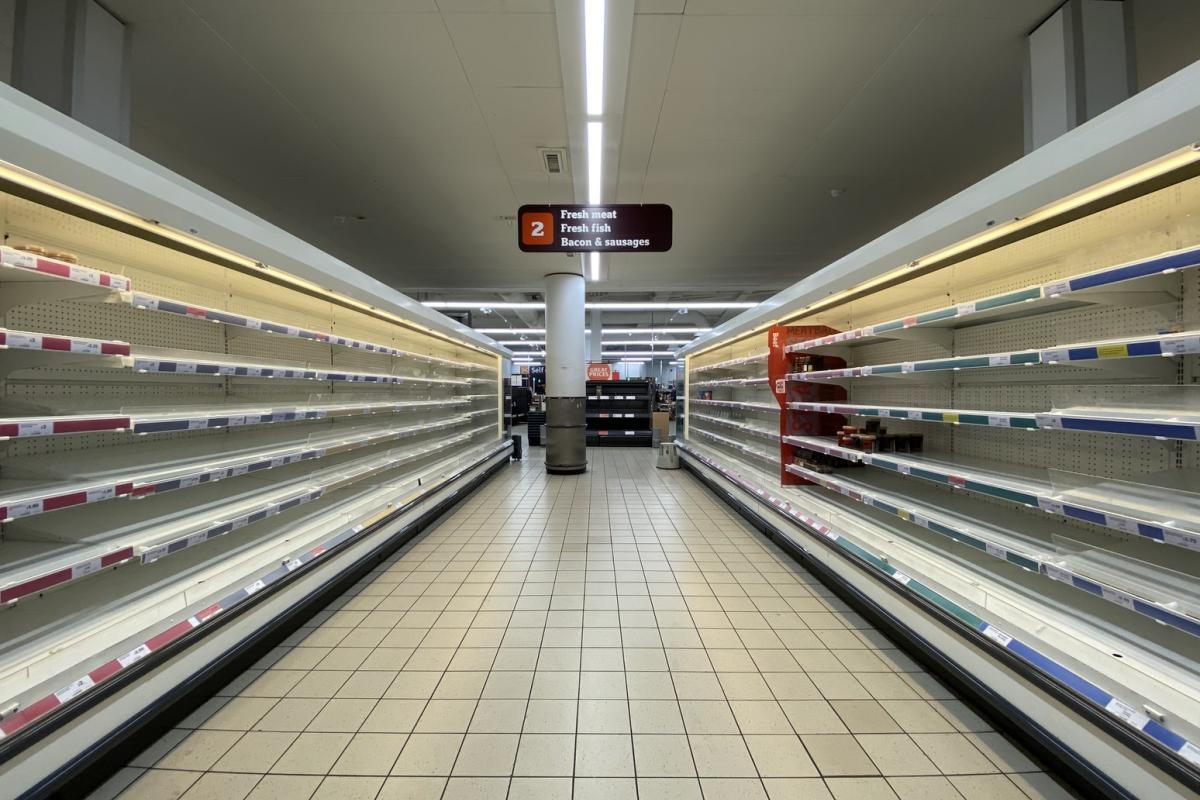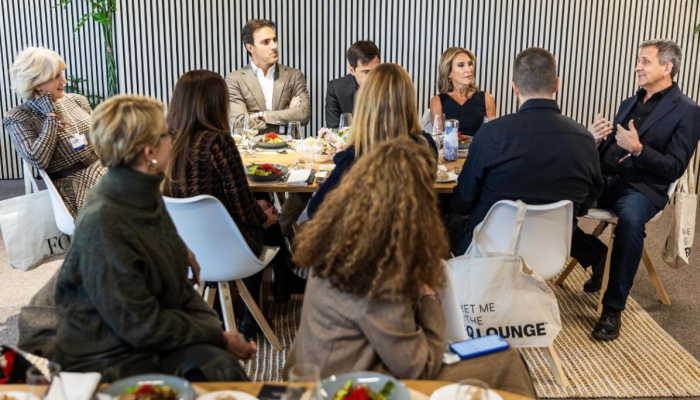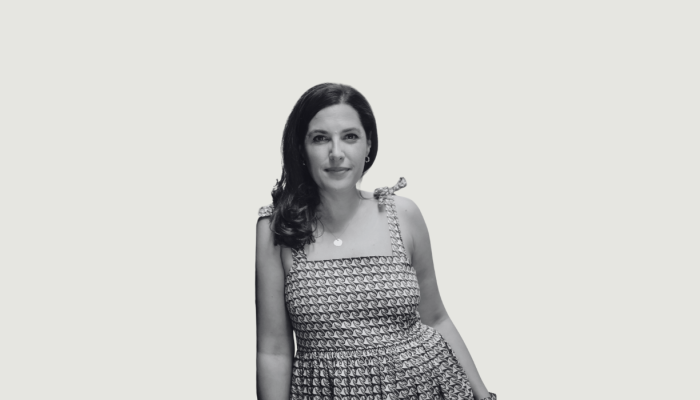Things we had taken for granted suddenly stop working. McDonald’s can’t serve milkshakes, KFC has run out of chicken and some supermarket shelves are empty.
Consumers learn about “global supply chains” and the shortage of lorry drivers to distribute perishable produce. Suddenly gas prices for energy are sky high and petrol in short supply. More surprises are around the corner – a shortage of cars because there are not enough micro-chips, which are (you also learn) are mostly made in Taiwan. Building sites grind to a halt-not enough cement. As for Covid, there is always the threat of a variant we find difficult to deal with. These factor taken together are shifting consumer culture and our expectations of brands because radical uncertainty is the new normal.
Security and reliability
The natural human response to fragility is to seek certainty. The strongest brands now are valued for their vital contribution to our security. Big food has never been more important. It appears to be holding up in spite of a few empty shelves, which stand between us and panic buying or worse.
Brands that supply life’s fundamentals are reverting to their original meaning. Brands in the nineteenth century often looked like legal documents, signed by their founders – as if to say this is promise and guarantee that the product is good, unadulterated and here to stay.
To be more secure many companies will manufacture and grow produce closer to home or at home – and will tell their customers about it. Resilience is the new watchword rather than “just in time delivery”, which looks like a risky bet rather than business efficiency.
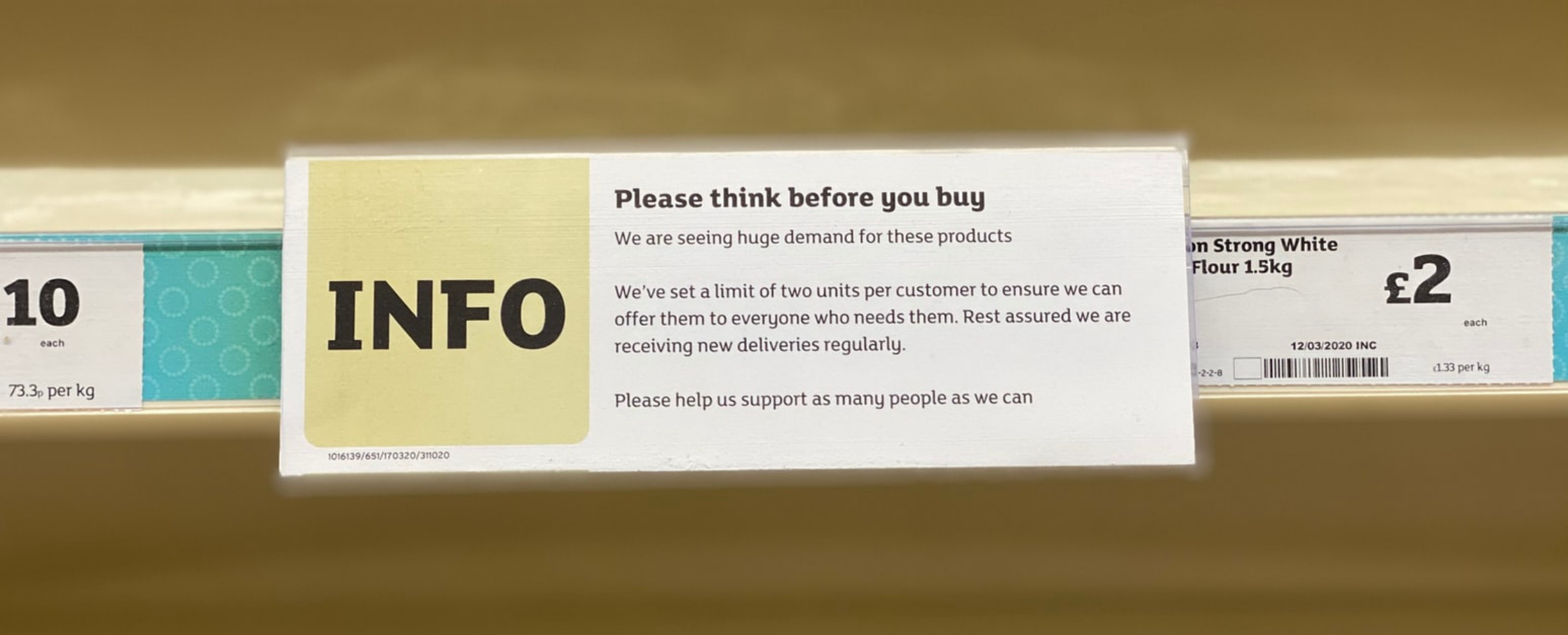
Fragile nature
Supply chain fragility plays into and magnifies that other great anxiety of our time – global warming and the potential collapse of natural systems. Climate change was seen as a threat to our children and grandchildren. But it is becoming more urgent, more unpredictable, right now.
Sustainable practices become the price of doing business
Sustainability was, until quite recently, seek as an advanced practice, championed by such visionary leaders as Paul Polman at Unilever. Now, automotive marques don’t have much time to fully embrace an electric future. The alternative is to be seen as a dinosaur – and we all know what happened to them. Anyone who sells their products in packs that can’t be recycled are likely to be shamed. We are becoming, like Greta Thumberg, more intolerant of laggards.
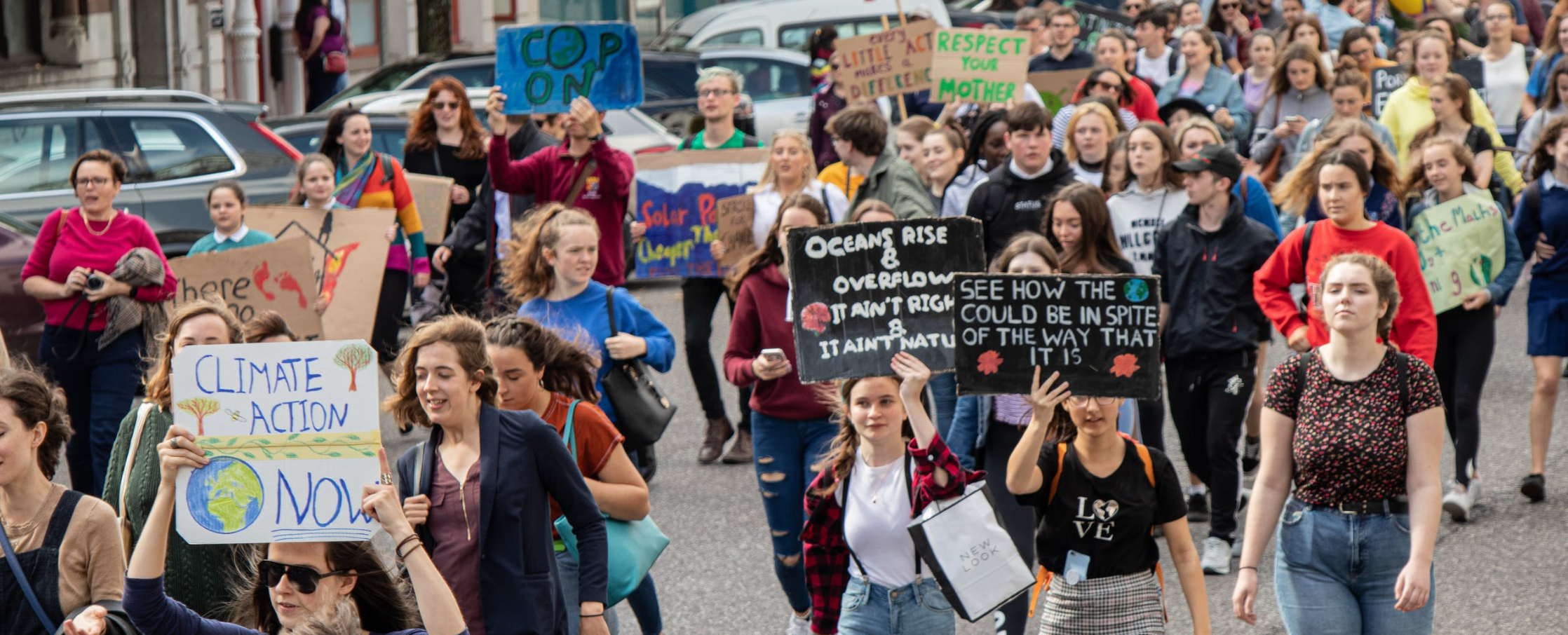
Modern Stoicism
Covid, climate change (and geopolitics) are huge forces, beyond the control of individuals. This breeds a Stoicism the ancients would recognise: don’t worry about what you can’t control, but you can cultivate your own garden (provided you are also stoical about a sudden glut of slugs). Stuck at home, people have been getting satisfaction by ticking off the DIY “to do” list. Tech companies that help us to work from home are having a golden time, but sales of plants, pots and DIY tools are also booming.
Brands get down to earth
Ever since Dove launched its “Campaign for real beauty”, brands have been promising to do good in the wider world. Grand visionary plans now don’t strike the right note. Cadbury has partnered with Age UK to combat loneliness and Nestle is supporting Macmillan Cancer Care with coffee mornings. Brands are getting more down to earth, more rooted in local community.

Swimming naked?
Governments have propped up economies, which disguises what is really happening. As Warren Buffet said – “only when the tide goes out that you learn who has been swimming naked.” Food banks- which predate the pandemic-show that for money is very tight for many families – and they can afford only the cheapest goods.
Can you sell for a dramatically lower price?
In Oxford Street, Marks and Spencer is selling T-Shirts for £6-00, surprisingly cheap for a brand that prides itself on quality and value. But the queues are outside Primark, which has T-Shirts for £3-00. How so? Primark has bucked the trend by not going online.
The convention wisdom was that a brand had to serve its customers instore, online, over the phone- a costly way to do business. For some the “omni-channel” model is fraying at the edges. You might, for example, see some shoes instore – but not in your size, which will have to be ordered online or brought in from another store in the chain. This feels more like a desperate attempt to keep stocks low and protect margins than “a seamless customer experience”. Expect brands to close more shops, retain a few showcase stores and sell mostly online. Meanwhile Amazon, the masters of keenly priced online selling, will set up stores. Rents of big box stores are cheap.
A little something to look forward to
Primark hits the marketing sweet spot because it is also an affordable treat. Treating always booms in recessions. After 2008, the market share of the deep discount chains doubled but we also popped more chocolates in our baskets. Eclairs at £2-00 are half the price of a coffee at Starbucks, twice as pleasurable and not really fattening at all (honest).
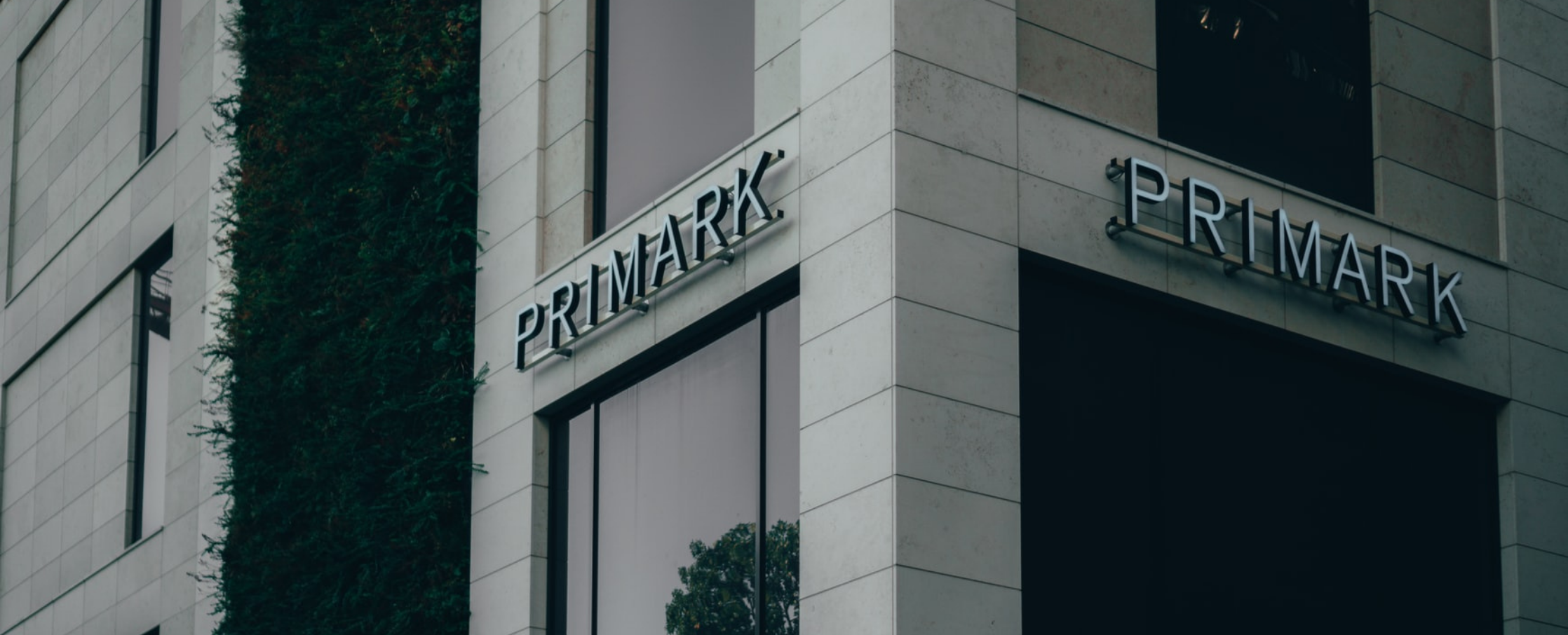
Never knew I needed that (but I do really)
Covid, a decade on from financial crash, is a bit different. We have been stuck at home, distracted from work, smartphone in hand, scrolling through apps that give us little dopamine hits of pleasure. Instagram is a gateway drug prompting us to prod the “buy now” button. Ordering stuff is quick and easy too. A day later a white van arrives carry something you don’t really need- dungarees (never a good look in the over 40s) and a cycling machine (never knew I needed that, but in retrospect it is essential). We are geniuses of post-rationalisation. (I will not be looking through back orders on my amazon app for fear of being confronted by my history of spontaneous self-indulgences).
Hope springs eternal
Many businesses were swimming naked before the pandemic, propped up by cheap credit. Lockdowns and growing e-commerce tipped them over the edge. Yet business destruction, as Joseph Schumpeter explained, can also be creative. Unencumbered by legacy costs and received wisdom, new businesses are growing out of the wreckage. Money and rents are cheap. It has never been a better time to be an entrepreneur.
I am about to go for a pizza at Brixton Covered Market which, 20 years ago, had emptied out until the local authority let start-ups use the retail units for a peppercorn rent. “Franco Manca” was born (now a small chain of 40 restaurants) offering a great sourdough Pizza for £7-90, that’s 30% cheaper than its bigger competitor, Pizza Express.
Meanwhile, in the digital world you can now set up an e-commerce business from your bedroom. For just £240-00 P.A. you can design a decent looking site on WordPress and use their “plugs ins” for most of the tools to run a small scale start up.
I, for one, am stoical, optimistic and working on my WordPress block editing skills. I have (very tentatively) suggested to my wife she returns the dungarees.

